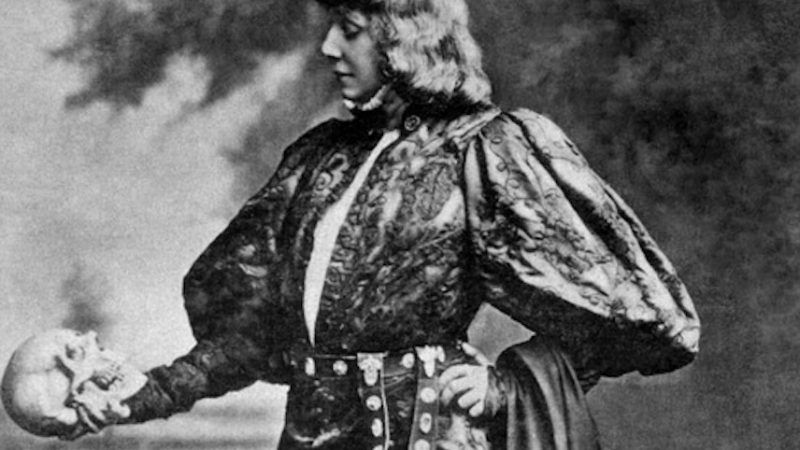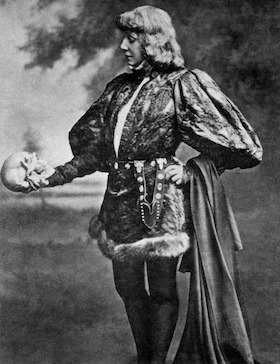The First Crackdown on Indecent Recordings
Friday A/V Club: Anthony Comstock and the bawdy cylinders


Long before a Senate committee grilled Frank Zappa and Dee Snider about "sexually explicit or other potentially offensive content" in popular music, long before the FBI investigated the lyrics of "Louie Louie" to see if any obscenities were concealed in the song, a man named Russell Hunting was "charged with making improper use of phonographs," as the The New York Times put it the day after his arrest. The year was 1896, and Anthony Comstock, the U.S. postal inspector who founded the New York Society for the Suppression of Vice, had been on Hunting's trail for two years.
"During all that time," the Times reported, "Comstock and [agent George] Oram have been arresting various people for exhibiting phonographs that had cylinders containing vile songs and stories, but they had never been able to catch the person from whom these cylinders were purchased." After Comstock and Oram "noticed that all the cylinders gave forth exactly the same voice," they determined that the voice was Hunting's and arranged a sting. "Oram played the part of a customer with such success that Hunting took him in the 'laboratory' and showed him how the cylinders worked," the Times recounted. "Oram bought three cylinders for $1.50 apiece." An arrest followed, and Hunting wound up spending several months in jail.
About a decade ago, Archeophone Records put out Actionable Offenses, an anthology of bawdy cylinder recordings by Hunting and other 19th-century comedians. One of the routines on it, recorded circa 1892, is "Gimlet's Soliloquy," in which Shakespeare's most famous passage is rewritten as a speech by a guy with gonorrhea steeling himself for a painful trip to the bathroom. "To pee or not to pee, that is the question," it begins. "Whether it is better in the flesh to suffer the stings and smarts of this outrageous clap or taking physic against the damned disease and—with it a syringe—end it…"
You can hear the whole thing below:
After his jail term, Hunting continued to flit about the early recording business, putting out war songs, faux-Scottish balladry, and more. Comstock continued to crusade against various forms of nonviolent behavior until his death in 1915. And no one ever recorded anything indecent ever again.
(For past editions of the Friday A/V Club, go here.)


Show Comments (15)